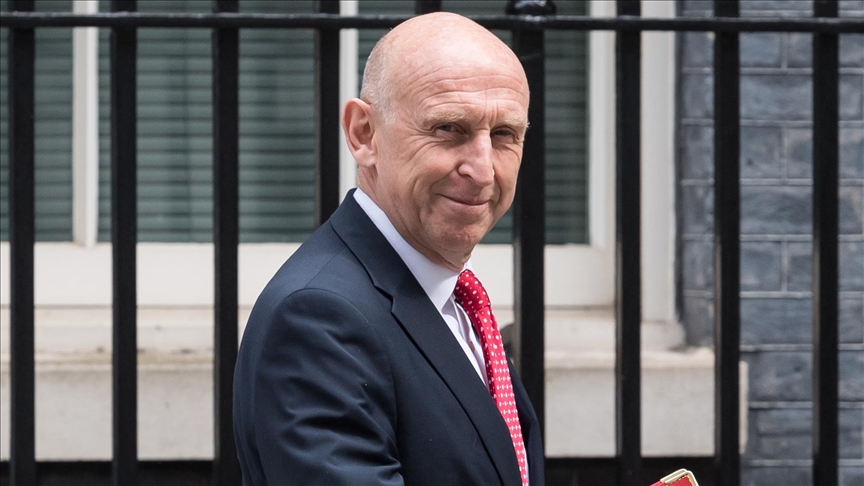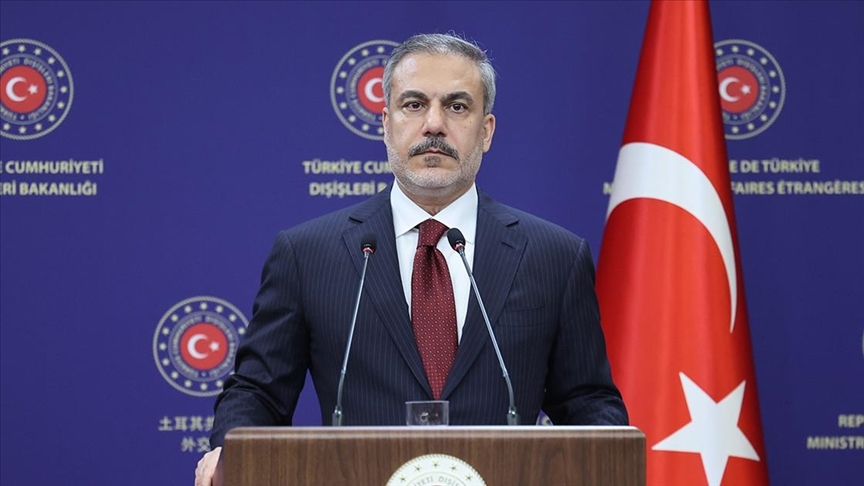Greek-Turkish architectural heritage promoted
In 2002 the Civil Society Development Program, supported by the European Commission, was initiated. The objective of the program was to consolidate reconciliation efforts between Turkey and Greece. The Turkish-Greek Civic Dialogue project, a component of the Civil Society Development Program’s purpose, is to strengthen the civil society’s capacity for dialogue, networking and partnerships between the two nations.
Within this framework, the Lausanne Treaty Emigrants Foundation initiated a project that aims to increase local awareness on the architectural heritage left from the exchange of populations between Turkey and Greece. The project is to be carried out by the Lausanne Treaty Emigrants Foundation, in partnership with the Conservation and Restoration Specialists Association, the Chamber of Architects, the Municipality of Mustafapasa (Cappadocia-Turkey) and the Hellenic Section of International Council on Monuments and Sites (ICOMOS), together with the collaboration of the Association of the "New Sinassos."
To accomplish the goals of the project, two workshops and two exhibitions are proposed. Mustafapasa (Nevsehir) in Turkey and Rethymno (Crete) from Greece have been chosen as the background for the proposed activities. Five experts from Turkey will form the leading team of the workshops that will last for a week in each location.
The project aims to increase the awareness of cultural heritage and reach as many participants as possible. Therefore, the target group is composed of the local population, members of the municipalities, nongovernmental organizations (NGOs), the Chamber of Architects and the Association of Restorers, as well as university students and local and national media.
The workshops will offer for the first time the chance for experts from Turkey and Greece to discuss the issue of common cultural heritage in the physical context of architectural heritage. They will enable a mutual exchange of know-how, technical assistance and experience on such heritage. The workshops will provide practical information on the methodologies of conservation and restoration, and how to provide a second function and rename the buildings.
Exhibitions will also be held in Mustafapasa (Nevsehir) and in Rethymno (Crete). Master plans, architectural plans and drawings of the local architectural heritage, as well as ethnographic material such as holy icons, religious bookstands, manuscripts, priest’s costumes and sceptres, liturgical furniture — removed from their original sites during the emigration period — old photographs and accounts of oral history will be displayed at the exhibition. An exhibition catalogue will also be printed.
The exhibitions will provide examination material for the workshops, and will also constitute a basic database for sustainable work. To ensure the sustainability of the project, the results will be published in a report on the Web page of the Lausanne Treaty Emigrants Foundation, along with the exhibition’s material.
Even though the workshops and the exhibitions will take place in specific places in Turkey and Greece, they will become models of their kind that will most probably be repeated in other regions. The project will provide an increase in dialogue, a better understanding and eliminate political pre-judgments in relation to the conservation of cultural heritage.



